Presidential Pardon Sparks Fury: A Move Gone Terribly Awry?

President Bola Tinubu's recent decision to grant presidential pardon and clemency to 175 individuals, including several high-profile and controversial figures, has ignited widespread debate and intense public scrutiny across Nigeria. The reprieve, announced after consultation with the Council of State on October 11, was based on recommendations from the Presidential Committee on the Prerogative of Mercy, chaired by the Attorney-General and Minister of Justice, Prince Lateef Fagbemi.
The extensive list of beneficiaries spans various categories, addressing historical injustices and contemporary cases. Posthumous pardons were granted to notable figures such as foremost nationalist Sir Herbert Macaulay, poet and soldier Major-General Mamman Vatsa, and the acclaimed writer and environmentalist Ken Saro-Wiwa along with his eight fellow Ogoni activists, as well as four Ogoni leaders considered his antagonists. These historical pardons, particularly for Macaulay and the Ogoni 9 and 4, were intended to correct past wrongs and foster reconciliation, receiving applause in Ogoniland and the South-South geopolitical zone.
Beyond these historical cases, the clemency also extended to jailed illegal miners, public officials convicted of corruption, remorseful drug offenders, and capital offence convicts, most notably Maryam Sanda, who was on death row for killing her husband in 2017. It is these last two categories—drug trafficking and capital offence convicts—that have become the most contentious aspects of the presidential gesture, drawing significant criticism.
Presidential Spokesman Bayo Onanuga initially defended the clemency, explaining that the pardons were granted because most convicts had shown sufficient remorse and good conduct. Other grounds included old age, acute medical conditions, acquisition of new vocational skills, or enrollment in the National Open University. The presidency highlighted its full disclosure of the list as a sign of transparency, asserting that there were no ulterior or political motives, only compassion and kind-heartedness from President Tinubu.
However, the exercise of the prerogative of mercy by presidents, whether in Nigeria or other jurisdictions, is almost always met with controversy. Historical precedents in Nigeria include President Shehu Shagari's pardon of Chukwuemeka Odumegwu-Ojukwu after the civil war, and former President Goodluck Jonathan's full and unconditional pardon of Diepreye Alamieyesiegha, who was convicted of corruption. Internationally, similar storms have arisen, such as President Bill Clinton's numerous pardons on his last day in office, including his half-brother, Roger Clinton, or former US President Donald Trump's pardon of Charles Kushner, his son-in-law's father, who was convicted of illegal campaign funding, tax evasion and witness tampering. Former US President Biden also reportedly pardoned his son, Hunter Biden, despite earlier pledges not to do so, for gun running and other offences.
The current clemency has faced particular backlash regarding Maryam Sanda and the drug offenders. Criticisms against Sanda's pardon, especially those falsely claiming her case was still pending before the Supreme Court, were debunked. The Supreme Court had affirmed her conviction. It emerged that Sanda had shown remorse in prison, and her father-in-law, Alhaji Ahmed Bello Isa, had personally appealed to both Presidents Muhammadu Buhari and Tinubu for her pardon, emphasizing the need for her to care for the two children left behind by his late son, Bilyaminu Bello. Similarly, the pardoned drug offenders were noted to have spent significant time in jail, with some enrolling in the Open University or learning new trades, justifying clemency as a path to mercy and forgiveness for those who have shown remorse and turned a new leaf, without compromising the war against drug trafficking.
Despite these explanations, public outrage intensified, particularly over the inclusion of 70 drug lords and Maryam Sanda, given Nigeria's challenges with insecurity, moral decay, and drug-related offences. Many viewed the clemency as a mockery of the criminal justice system, an affront to victims, and a demoralization of law enforcement. Concerns were raised about Nigeria's international image and the potential for emboldening criminality.
Reports suggested that anti-graft agencies, including the EFCC, ICPC, and NDLEA, had raised strong objections, claiming some names were "smuggled in" and not part of the committee's recommendations. Critics like former Vice President Atiku Abubakar, former Kaduna State Governor Nasir el-Rufai, civil society organizations, and opposition political parties (e.g., African Democratic Congress) widely condemned the action. Atiku highlighted that extending clemency to individuals convicted of grave crimes "diminishes the sanctity of justice and sends a dangerous signal." El-Rufai controversially suggested the pardons felt "less like compassion and more like a class reunion of cartel alumni association," linking it to President Tinubu's past. Amnesty International also expressed concerns that the manner of the exercise could undermine the rule of law and entrench impunity.
In response to the growing public outcry, the federal government indicated a willingness to review the list. Attorney-General Prince Lateef Fagbemi clarified that no inmate approved for clemency has been released, stating that the process is still undergoing final administrative review to satisfy all required legal and procedural standards. He affirmed that this review phase is standard protocol, demonstrating the government's commitment to transparency, due diligence, and the rule of law, and welcomed public vigilance. Fagbemi emphasized that the rule of law does not rush but ensures fairness, and that the public would be informed once all checks are concluded. Calls for a thorough investigation into whether names were illicitly added to the list remain paramount to ensuring justice is served and public trust is maintained.
Recommended Articles
Nigeria's Political Future in Peril: ADC Alleges Tinubu's One-Party State Agenda

The African Democratic Congress (ADC) strongly condemns the recent defections of Enugu and Bayelsa State governors to th...
Political Quake: Enugu Governor Mbah Dumps PDP for APC, Shakes South-East Landscape
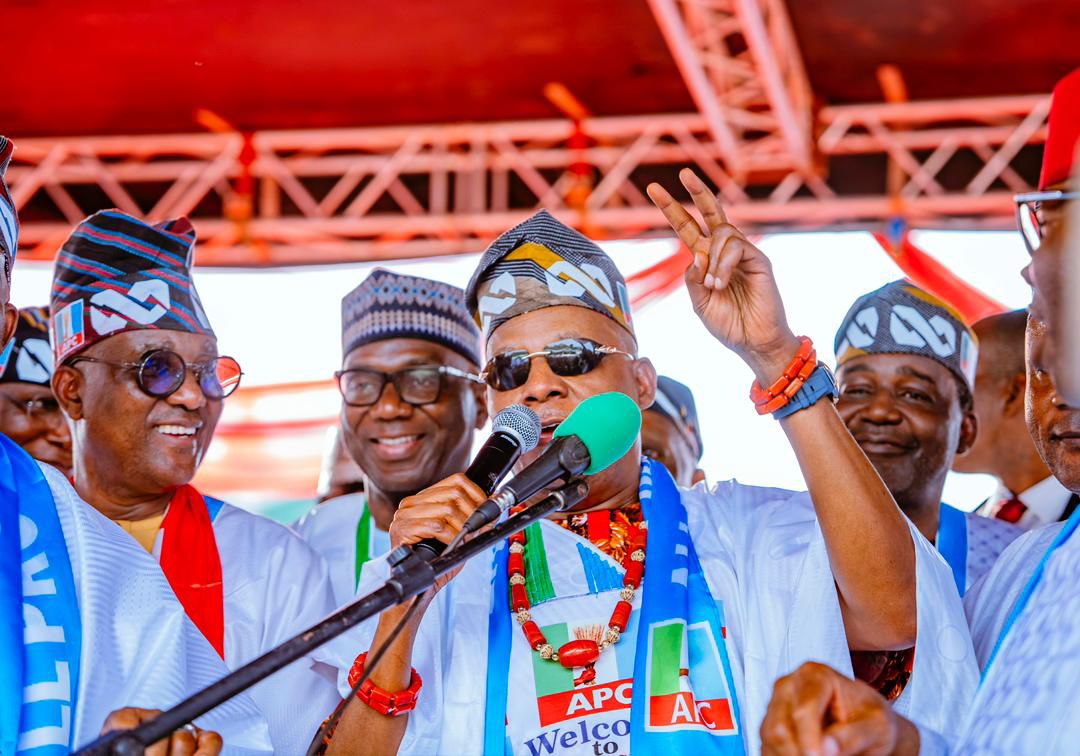
Enugu State Governor Peter Mbah has officially joined the All Progressives Congress (APC) from the PDP, a move that esta...
Presidential Pardon Sparks Fury: Maryam Sanda's Clemency Incites Public Outrage

President Bola Tinubu's pardon of Maryam Sanda, convicted of her husband Bilyaminu Bello's murder, has caused significan...
Nigeria's Debt Bomb Ticks Louder: Public Debt Soars to Trillions

Nigeria's public debt continues its sharp ascent, reaching N152.40 trillion by June 2025, driven by local borrowing and ...
Political Firestorm: Ogala Clarifies Amupitan's Non-Involvement in Tinubu's Presidential Legal Team
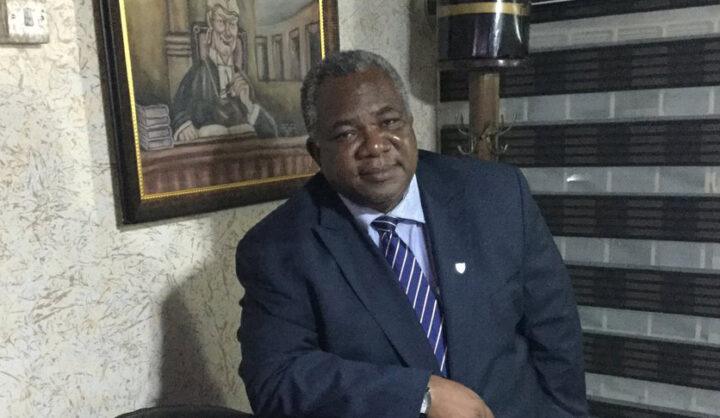
Recent claims linking the newly nominated INEC Chairman, Professor Joash Amupitan, SAN, to President Bola Tinubu's 2023 ...
You may also like...
The 1896 Adwa War: How Ethiopia Defied Colonialism
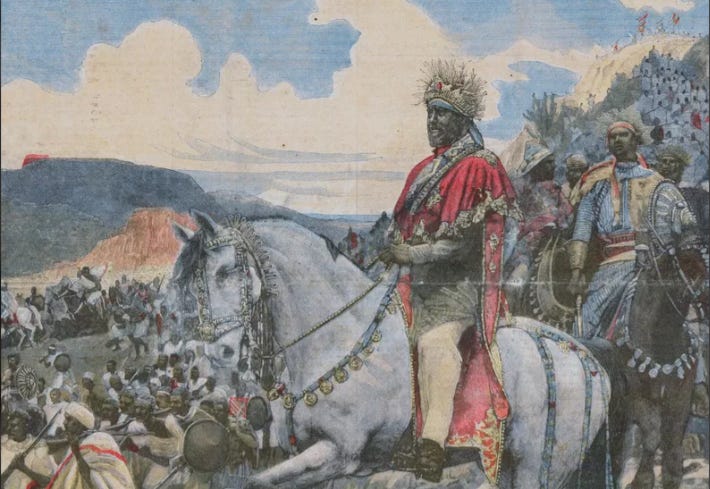
Ethiopia with the exception of Liberia which was used as a settler place for freed slaves remains the only African Count...
Why We Need Sleep: Inside the Brain’s Night Shift

Even when you’re asleep, your brain is quietly up to something, sorting, cleaning, and working behind the scenes.
When Nollywood Meets Netflix: The Creative Tug Between Local Storytelling and Global Algorithms
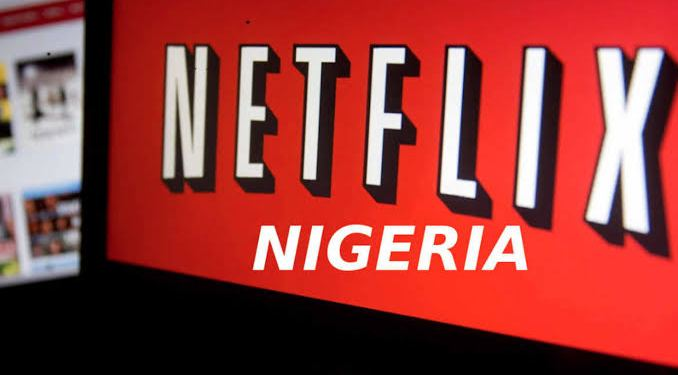
Nollywood’s partnership with Netflix is rewriting the script for African cinema, offering global reach but raising quest...
Mozambique's LNG Megaproject: A Promise or Peril?

TotalEnergies is leading a consortium in Mozambique as it promises potential restructuring of the nation's energy se...
Aliko Dangote, Africa’s Wealth King: First African-Born Billionaire to Cross $30B
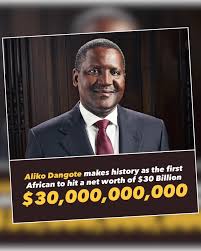
Aliko Dangote, the richest Black man in the world, has reached a new milestone, with a net worth of $30.3 billion, accor...
WAEC Conducts Trial Essay Test Ahead of Full Computer-Based WASSCE in 2026
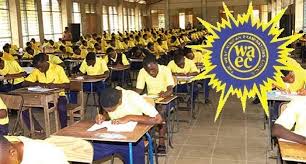
The trial Computer-Based Test (CBT) for the WAEC essay was held on Thursday, October 23, 2025. The exercise was conducte...
Can Long- Distance Love really work?

Can love really survive when touch becomes a memory and connection lives behind a screen? For many, distance isn’t the ...
Nigeria’s Rental Crisis: House of Representatives Moves to Cap Rent Hikes at 20%
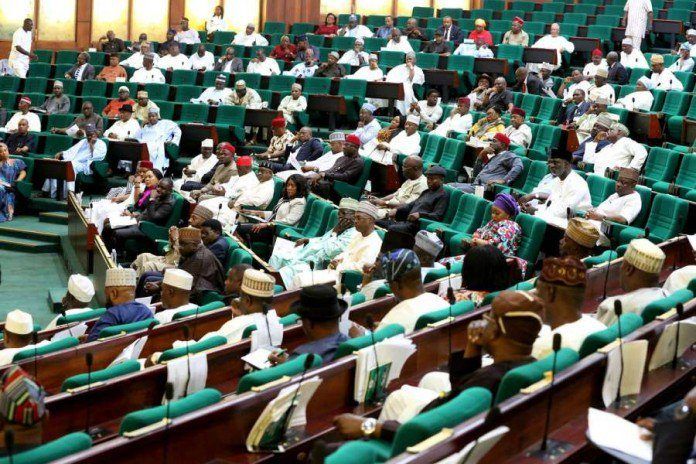
Nigeria's rental market has been under intense pressure, and now lawmakers are stepping in. The House of Rep. has called...